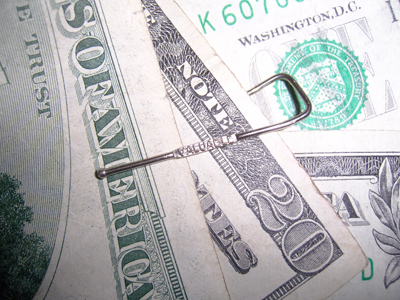All Nonfiction
- Bullying
- Books
- Academic
- Author Interviews
- Celebrity interviews
- College Articles
- College Essays
- Educator of the Year
- Heroes
- Interviews
- Memoir
- Personal Experience
- Sports
- Travel & Culture
All Opinions
- Bullying
- Current Events / Politics
- Discrimination
- Drugs / Alcohol / Smoking
- Entertainment / Celebrities
- Environment
- Love / Relationships
- Movies / Music / TV
- Pop Culture / Trends
- School / College
- Social Issues / Civics
- Spirituality / Religion
- Sports / Hobbies
All Hot Topics
- Bullying
- Community Service
- Environment
- Health
- Letters to the Editor
- Pride & Prejudice
- What Matters
- Back
Summer Guide
- Program Links
- Program Reviews
- Back
College Guide
- College Links
- College Reviews
- College Essays
- College Articles
- Back
The Rich.
Jeff Bezos has surpassed not only Bill Gates to become the epitome of rich but everyone in modern history (adjusted for inflation of course): a whopping $55 billion currently separates him and Gates according to the Bloomberg Billionaires Index. Bezos’ net worth has exponentially increased as Amazon’s stock soars. In fact, the company’s market value is more than $890 billion. As the detrimental effects of poverty become exceedingly palpable, it is essential to clarify the rationale behind me personally antagonizing the common thought of fixing the world’s depressing scenario not being their responsibility.
Although according to CNBC:
“John D. Rockefeller, who was the nation’s first billionaire, was worth 2 percent of the entire GDP of America at his peak in the early 1900s. For Bezos to top that measure, his net worth would have to climb to over $350 billion.”
Well sure, even if they’re not a mind-blowing level of rich; they still are. It’s common knowledge that this is by their own efforts but to what extent is this actually true? Rich people should recognize that they are profiting and benefiting from an economy that underpays the average worker. The rich become richer and the poor suffer from poverty that affects a nation in its entirety. Money only goes to the richest 1% of individuals. A multitude of people are left devoid of basic amenities inclusive of education, food and potable water. The wealthy have a surplus of the aforementioned provisions and numerous other luxuries only excessive amounts of money could buy.
They say it is not your responsibilty to fix something if you didn't create the problem. But if people have enough wealth to change the adverse situation of the contemporary world, then it is their responsibility. It is your responsibility if you benefit from the very concept of increasing the gap between the rich and poor.
“Indeed’s recent salary report found that just 19 percent of workers in the U.S. feel comfortable with how much they’re making. When Indeed asked how much more it would take for them to feel good about their salaries, 60 percent of participants said they’d need a raise of at least $6,000.”
So while 81% of people consider themselves increasingly underpaid, I think those money bags could be put to some good use instead of buying multiple cars or whatever. This is one of the biggest flaws of capitalism.
“1% of the population owns 80% of the world’s wealth, Communism represents a utopia, an ideal world in which no one is rich or poor, everyone has equal opportunity to do what they love without worrying so much about being paid for it, and there are barely any social classes to divide people.”
But this doesn’t work either. Communism simply doesn’t work in the real world because the world has been bestowed with overachieving workaholics- but also massive freeloaders and procrastinators. The best of the best, deserve nothing but the best. The gap between the rich and poor is one to think about: as a fraction of the world suffers from starvation, obesity attacks an identical number of people.

Similar Articles
JOIN THE DISCUSSION
This article has 0 comments.
